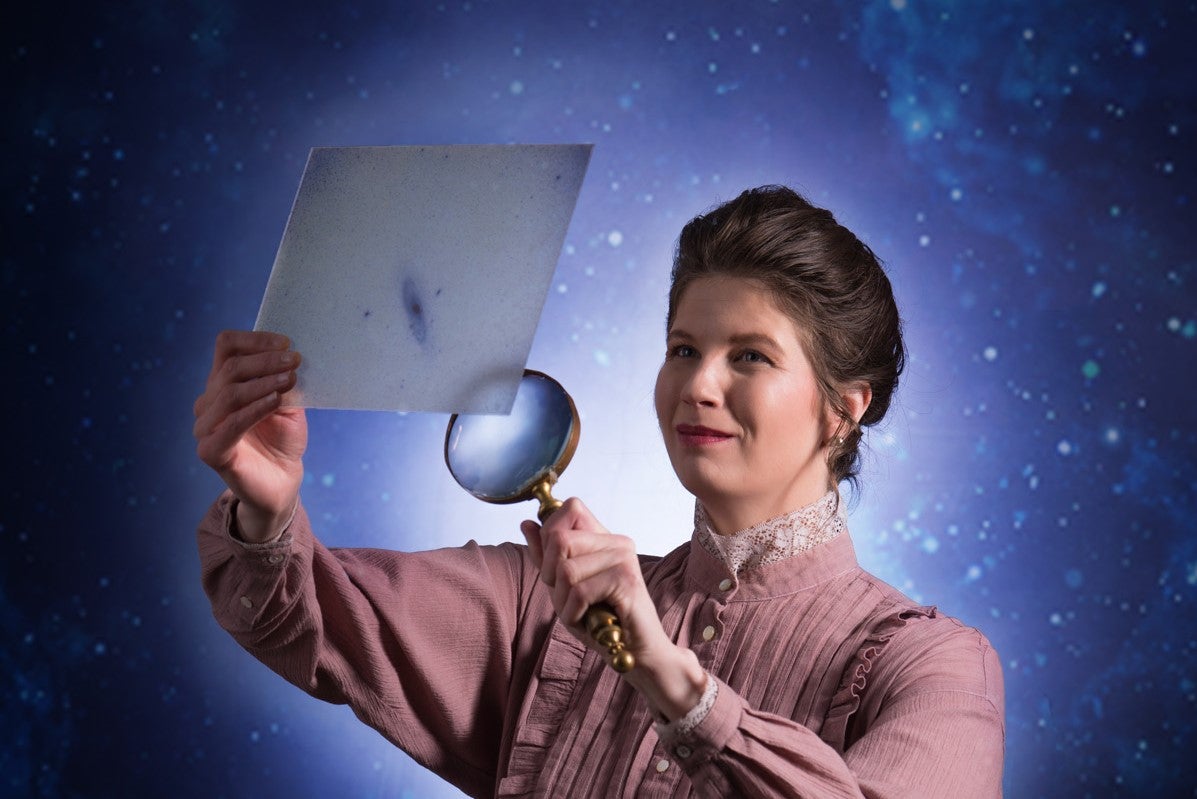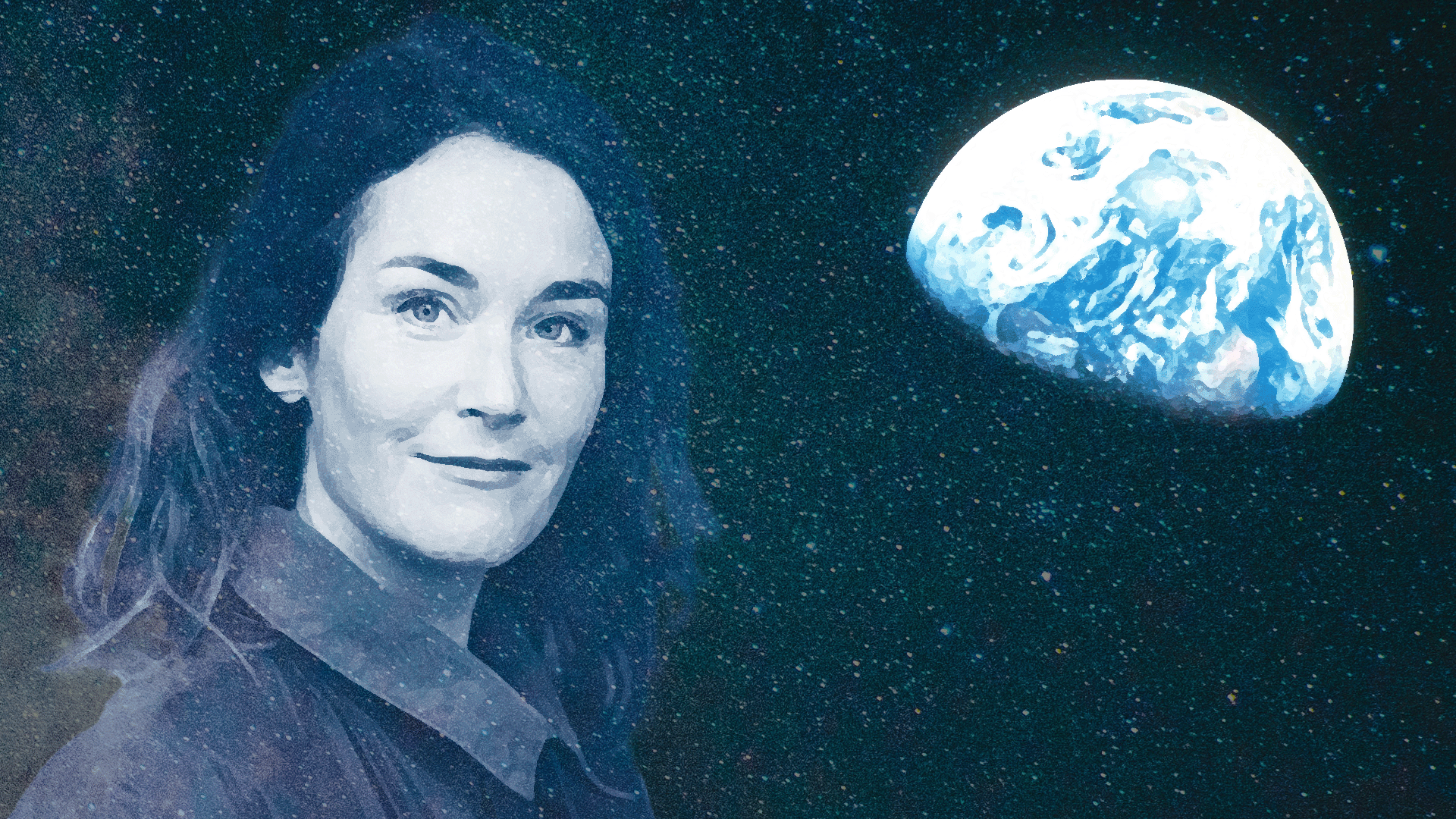Featured in this Show
-
James Gates
A physicist who knew Stephen Hawking for nearly 40-years says he was inspired by Hawking’s courage.
Hawking, a world-renowned physicist known for his work on black holes died in mid-March. Hawking had amyotrophic lateral sclerosis and lived and worked for decades in a wheelchair.
“The challenges that he faced were just incredible, and yet he overcame them all with a dedication and retention of his humanity that was quite remarkable,” said Sylvester James Gates Jr.
Gates, who spoke recently at the University of Wisconsin-La Crosse is a physicist of note in his own right.
He became the first African American theoretical physicist to gain a National Medal of Science in 2011.
Gates also served on President Barack Obama’s Council of Advisors on Science and Technology.
“It’s (STEM) not about producing scientists and mathematicians. It’s about the ways that our economy is evolving,” he said. “It turns out that you can show evidence that young people who are trained well in STEM at the K-12 level have a better chance of getting these jobs that are being created by these new technologies.”
-
Silent Sky
The story of a little-known female scientist from Harvard University who unlocked many of the mysteries of space in the early 20th Century is the first play in the 30th anniversary season of the Commonweal Theatre in Lanesboro, Minnesota.
“Silent Sky,” written by Lauren Gunderson, tells the story of Henrietta Leavitt, and the work she and two other female colleagues accomplished.
“Her discoveries proved that there are galaxies outside of ours. At that point and time, we still were wrestling with the idea, ‘Is the Milky Way it?,’” said director Adrienne Sweeney. “Through her discoveries she was able to lead us to the discovery that no, in fact there were many billions upon billions of galaxies outside of ours.”
Leavitt’s Law, which still helps calculate astronomical distance today, is named for her, yet Sweeney said historically Leavitt has been given little credit for her work.
Leavitt didn’t have an astronomy degree and she wasn’t allowed to use a telescope in her work, instead she studied and documented stars that were burned onto glass plates from a telescope.
Sweeney said there is very little biographical information known about Leavitt, and Gunderson’s script is largely a fictional account of her life.
“It tells the story of a young woman who has difficult choices to make. She has to get her father’s permission to go from the Midwest to Massachusetts to take this job. She has to ask for her dowry, which means she is basically telling herself and the world that she won’t get married,” she said. “She will be making a quarter an hour to do this work as she puts it, ‘It’s volunteering,’ but it’s because she has a love, not just for the sky, but for science and discovery and study and research.
“Silent Sky” follows the success of “Hidden Figures,” a book and movie about the role African-American female mathematicians played in the early days of the space program and struggles women have had for pay and equality in the workplace.
“It’s been a challenging few years as we start to really unknot the place that women take in society,” Sweeney said.
The performance will run through June 23 at the Commonweal Theatre in Lanesboro, Minnesota.
Episode Credits
- Hope Kirwan Host
- John Davis Producer
- Sylvester James Gates Jr. Guest
- Adrienne Sweeney Guest
Wisconsin Public Radio, © Copyright 2025, Board of Regents of the University of Wisconsin System and Wisconsin Educational Communications Board.


